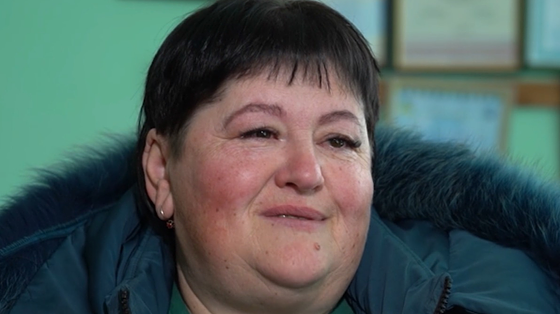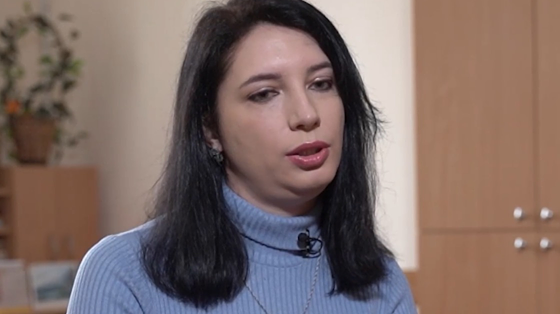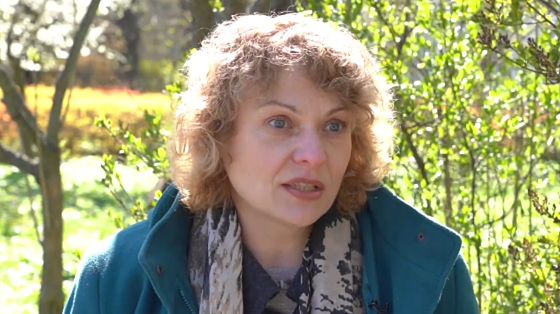I was born in Horlivka where I had lived all the time up until the war began. Our life was clear and predictable. I had a job and a salary was paid regularly. I was building a house, and taking my child to school. I went skiing in winter, and travelled to the seaside in summer.

Then everything changed. It began with the fact that some strange people began to appear in the city. They were quite noticeable. They were well built, and all of them equipped or dressed in the same manner. They spoke differently from the way people speak in Horlivka. It was with the appearance of those armed people that the countdown of what I call the war began.
Seizures of administrative buildings began. The building of the city executive committee (municipality) was the first seized. Then, there was an assault on the Horlivka Department of Internal Affairs (police department).
We talked a lot about this with relatives, work colleagues, and friends. Everyone made their own assumptions about how this could end and when peace could be restored.
Barricades, heavy military equipment and armoured vehicles began to appear in the city. At first, we didn’t really see them. We could just guess it by the tank track prints on the asphalted road surface. Military vehicles and equipment were hidden in parks, in administrative buildings, and on the inner territory of motor transport enterprises. And then, when it became impossible to hide them, we realized that the local authorities in Horlivka had changed. And this, perhaps, was one of the key reasons why we moved.
The move itself was in the summer of 2014, when Slovyansk and Kramatorsk were liberated, and when the line of hostilities moved close to Horlivka. Every morning, evening and night we heard the cannonade, heavy gunfire. We realized that the fighting was almost in Horlivka already. We saw how heavy armoured vehicles were shooting, and we understood that the company could not further operate normally in that situation.

We decided to wait it out in Mariupol for some time. We planned to move here for a week, maximum two, well, probably a month. And we moved with the thought that we would not stay here for long. We did not take many of our personal belongings or any pieces of furniture with us. Some people rented an apartment, some tried to live in a hotel, others – in a house. We did not take this as something permanent.
Yet after some time, with the development of the situation, it became clear to us that we need to adapt and build our life in a new place, that this was all for a long time. This relocation is probably the most significant war-related event that happened in my life.
On the government-controlled territory, my safety as that of an individual, as that of a human, is ensured, and is guaranteed. While on the territory not controlled by the government, I cannot really feel safe and secure. At the time of leaving the area, we had to break through the checkpoints and barricades dealing with serious conflicts, and this greatly affected my perception of security in the occupied territory.
We have been living here for seven years now. We have not received any humanitarian aid, and did not apply for it. We tended to count on ourselves. But if we talk about organizations that helped civilians and internally displaced persons, then I would single out two of them. The first one is our state, which, in one way or another, organized payment of some financial aid to IDPs. And many of my friends and acquaintances used it.
Besides that, I cannot but mention the Rinat Akhmetov Foundation because we have all seen the convoys of trucks carrying their humanitarian aid. Many of my acquaintances used it, and for many people that aid was simply an essential means of survival.

War should not change people, should not change their view of life. In any case, you need to stay positive, you need to think about yourself, to care about your family, about your colleagues, and about your friends. And this insight is the most valuable thing gained in recent years.







.png)



